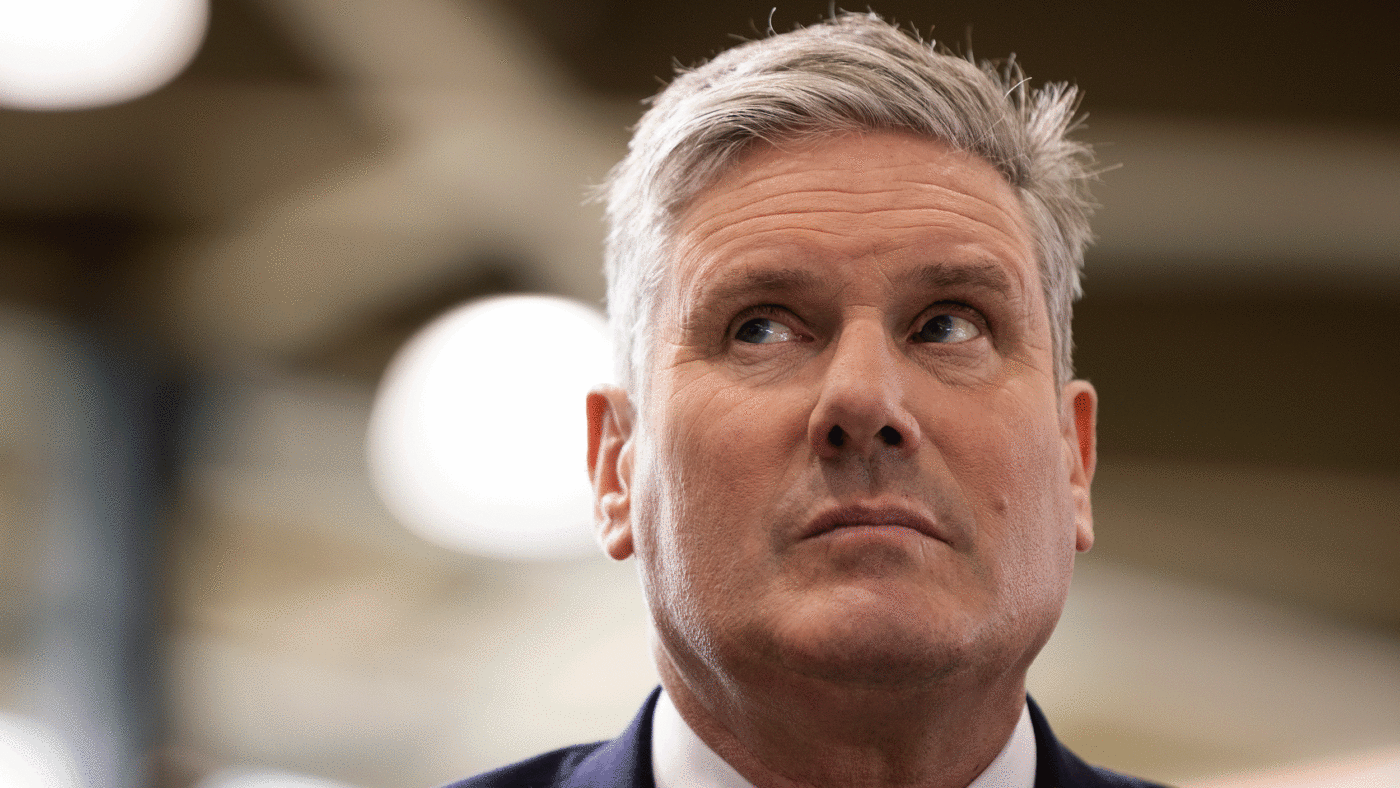In the build-up to the next UK general election, the ongoing cost-of-living crisis – especially stubbornly high food prices – is likely to be at the front and centre of British politics.
While Labour appears to be on course for a return to government, there are still important questions to ask about its positions on ‘culture’. While the party presents a united front on economic policy, there are tensions within its so-called ‘broad church’ on cultural issues – especially between traditional working class communities in the provinces and younger city dwellers in metropolitan areas.
A new report jointly produced by British Future and Labour Together represents a conscious and thoughtful intervention in what it describes as the ‘culture clashes’ – which, in my view, threaten to descend into American-style ‘culture wars’. The report pinpoints five areas for a future Labour government to take a principled approach in order to bridge such divides – patriotism (and national identity), race relations, immigration (and asylum), sex-based rights, and free speech.
There is little doubting that patriotism has been an Achilles’ heel for the Labour Party. As the report author, Sunder Katwala importantly notes, no progressive party has won an election without ‘first embracing the symbols of the country they aspire to lead’. As well as showing everyday ease with national symbols, there is a golden opportunity for Labour to cultivate a ‘progressive patriotism’ – one which celebrates Britain’s multi-ethnic successes. Post-Brexit UK is arguably the most successful multi-ethnic democracy in the modern world – outperforming major EU member-states such as France, Germany, Netherlands, Spain, and Italy when it comes to anti-discrimination protections on the grounds of race, ethnicity, and religion. A recent study by British Future to mark the 75th anniversary of Windrush found that 68% of ethnic-minority Britons and 71% of the general public agree that the UK has made significant progress on racial equality in the last 25 years. Celebrating this shouldn’t be viewed as ‘woke’ posturing – it should be a source of national pride.
When it comes to race relations, there should be an end to slavish fascinations with American racial politics. A British anti-racist politics needs to focus on practical action and drop divisive ‘white-privilege’ theories. It should focus on ensuring equality of opportunity – such as Britons with ‘culturally distant’ names settling into jobs which are commensurate with their educational qualifications.
What would also boost the employment prospects of many in Britain is the introduction of an active industrial strategy which can ween the country off its long-standing immigration dependency. A dynamic immigration system should be in place to address urgent labour market shortages, but investing in skills, bursaries and apprenticeships among the domestic population should be a priority (one that would be electorally appealing too). It is worth noting that some of Labour’s Asian-origin heartlands – such as my home constituency of Luton North – are generally of the view that immigration is currently too high. As the country looks on at the ongoing small-boats emergency (a male-dominated form of irregular migration), the UK needs a well-ordered asylum system which is generous towards the world’s most persecuted peoples – especially women and children in conflict-affected territories where rape is used as a ‘weapon of war’.
When it comes to women’s rights, Labour must find a way to manage the ‘trans issue’ – one where both trans people are treated with fairness and dignity, but ultimately one where traditional feminism is respected. Trans people should be able to live a decent life free from direct forms of harassment, intimidation, and violence (anyone guilty of this should face the full force of the law). Labour should marry this with a commitment to preserving sensitive female-only spaces – such as rape-crisis centres, domestic-violence sanctuaries, public toilets, changing rooms and women’s prisons. It must also ensure that the integrity of women’s sports is protected. This would be both inclusive towards trans people and recognise the realities of biological sex.
The new British Future/Labour Together report calls for ‘a politics of mutual respect’ when it comes to freedom of expression. It is one of the most challenging areas to reconcile – but there should be a greater level of appreciation on the left that marginalised minorities in society need free speech more than most, and that with freedom comes responsibility. A reasonable step would be placing a prohibition on targeted incitements of violence and intimidation. Through civic discourse, Labour should robustly stigmatise language which is technically legal but deeply exclusionary – such as condemning the view that non-white people can’t be considered British by confidently promoting a civic Britishness which is rooted in contribution and values – not race and ancestry.
A robust yet sensitive approach to delicate cultural matters, combined with practical policies to help the most vulnerable through the cost-of-living crisis, could not only help Labour win an election, but also bridge social divides – and stop Britain following America into a culture war where everyone loses.
Click here to subscribe to our daily briefing – the best pieces from CapX and across the web.
CapX depends on the generosity of its readers. If you value what we do, please consider making a donation.


